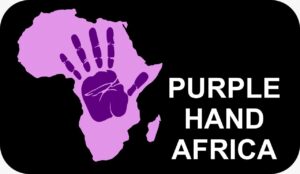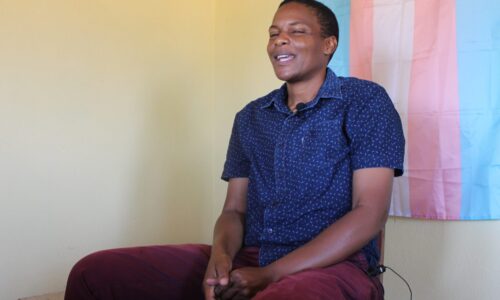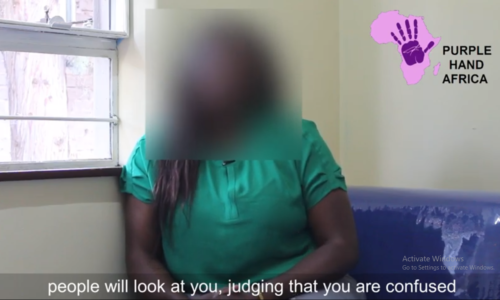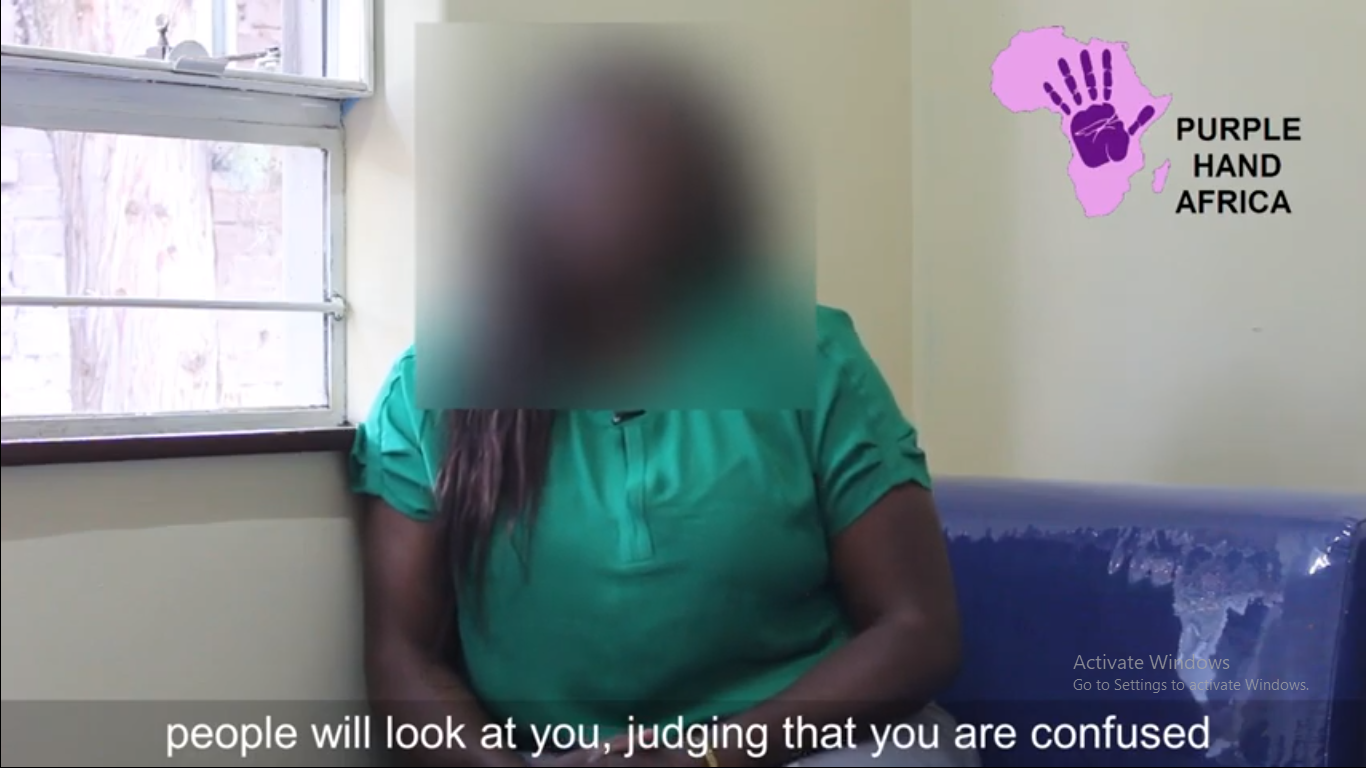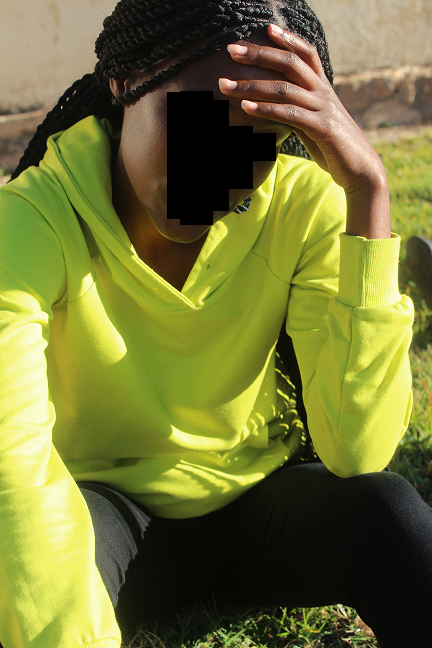
World Mental Health Day (10 October) is an international day for global mental health education, awareness and advocacy against social stigma. The theme for the World Mental Health Day 2021 is ‘mental health in an unequal world.’ We need to break the stigma around mental health issues, and we need to elevate LGBTQI+ people within that debate.
One of our main focus areas as Purple Hand Africa is Mental Wellness through our Expressive Writing Camps and Storytelling projects, which reach out to LGBTQI+ people nationally. In Zimbabwe laws against sodomy were limited to sexual activity, which after amendments to the Criminal Code in 2006, sodomy is now regarded as any “act involving contact between two males, that would be regarded by a reasonable person as an indecent act. In addition to having such harsh laws, most LGBTQI+ people come from families and communities that are intolerant of their existence. It is normal for one to be verbally or physically assaulted on suspicion of identifying any other than the heteronormative way. Hence being forced to hide your true identity to remain safe and acceptable in society.
In addition a new reality also kicked in and has affected everyone globally. The COVID-19 pandemic has highlighted the effects of inequality on health outcomes. It has brought additional mental health challenges through infection and illness, bereavement, job loss and insecurity, and social isolation due to physical distancing measures. This is another intersection that adds more challenges for LGBTQI+ people who already have limited spaces for interaction, where we can be free to be ourselves.
Under lockdown restrictions many ended up falling into depression as they were now forced to be in spaces that do not allow them to be themselves for longer periods of time. Even though new coping mechanisms were also discovered, which are mostly online. Most LGBTQI+ Zimbabweans do not even have adequate access to the overpriced internet data access price, needed for one to at least feel sane in such times.
In a country where most conversations on mental health are referred to as being caused by witchcraft, demon possession or evil spirits, most people suffer in silence, afraid to speak of any related conditions. Most issues to do with mental wellness are stigmatised and worse when one identifies as LGBTQI+ that is double trouble.
Despite the harsh realities, at least dialogues are starting to emerge in Zimbabwe, in regards to the existence of the LGBTQI+ community. Often spoken about in relation to HIV/AIDS and sexual healthcare provisions. This is however not enough as our identity seems to only be mentioned in issues related to one part of our being and not holistically. This keeps us erased from many important national agendas that also affect us.
Mental Health remains an alarming gap that needs to be addressed for all people, with more emphasis on the most marginalised minority groups, who suffer multiple intersections of inequality such as race, class, gender, legal status and sexuality.
World Mental Health Day in an unequal world.
